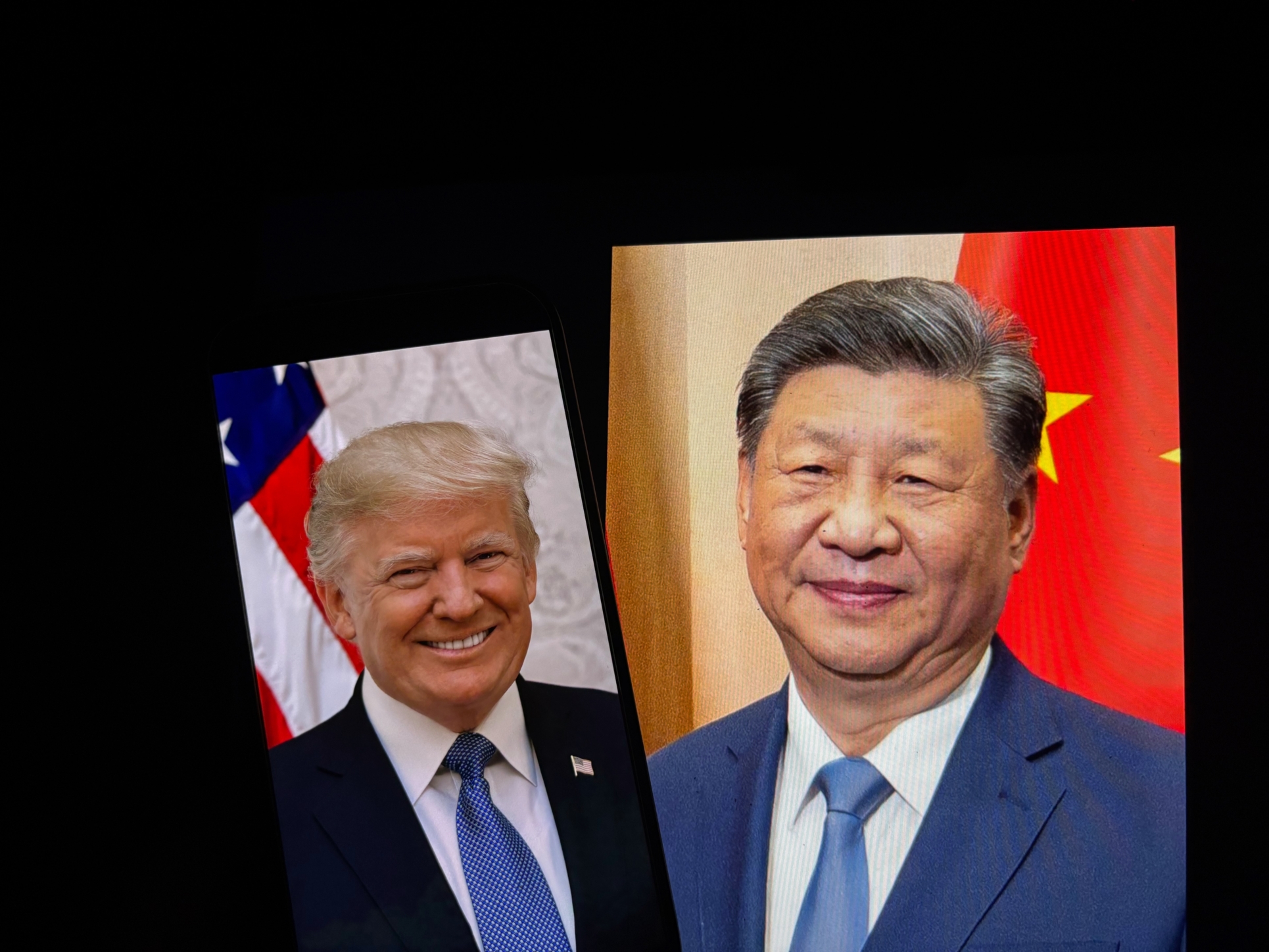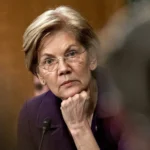
Relations between the United States and India are under great strain. While Washington is rebuilding its relationship with China following a trade deal between President Donald Trump and Xi Jinping, ties with New Delhi appear to be deteriorating.
According to experts, relations between the two democracies have reached their lowest point in decades. The US currently imposes higher tariffs on India than China, despite two decades of strategic cooperation.
Trust between US and India is crumbling
“Regaining trust can take years,” says Atman Trivedi of consultancy firm DGA-Albright Stonebridge Group, which specializes in South Asia. According to him, the friendship built over the past two decades “has now largely disappeared.”
The relationship has deteriorated amid heavy tariffs on Indian goods, an increase in work visa fees to $100,000 and Trump’s repeated claims that he personally helped stop the conflict between India and Pakistan.
China gets better treatment than India
Under previous US presidents, from Bill Clinton to Barack Obama, the US strategically chose “democratic India over autocratic China,” according to Raymond Vickery Jr., a researcher at the Center for Strategic and International Studies (CSIS).
That approach has changed drastically under Trump. According to Vickery, the White House no longer sees India as a counterbalance to China, but as a trading partner that must contribute to America’s direct interests.
At the same time, ties with Beijing appear to be improving. Trump stated on Truth Social that his meeting with Xi Jinping in South Korea was “great for both countries” and would lead to “eternal peace and success.”
US Defense Secretary Pete Hegseth announced on
Trade agreement reduces Chinese tariffs
The trade deal signed in South Korea last week resulted in lower US tariffs on Chinese products. Tariffs on goods linked to fentanyl imports were reduced from 20 to 10 percent, bringing the total tax burden on Chinese imports to about 47 percent.
For India, these tariffs are even higher: 50 percent on export products, plus an additional 25 percent punitive tax because the country continues to buy Russian oil. India called the measure “unjust and unreasonable,” while Trump called it “a total one-sided disaster” in trade with India.
“The personal connection is completely missing, and its effect on the American-Indian relationship can hardly be overestimated,” Trivedi told CNBC.
During his trip to Asia, Trump also threatened to impose a 250 percent tariff on both India and Pakistan if they did not end their border dispute.
Domestic consequences in India
Trump’s statements have now become political fodder in India. Opposition leader Rahul Gandhi lashed out at Prime Minister Narendra Modi in a speech in Bihar, who he said is “afraid of Trump.”
According to political scientist Daniel Hermann, the developments are forcing India to reconsider its position between the two superpowers. “India can benefit from increased exports to the US, but remains dependent on China for components and supply chains,” he says. “And as long as Washington continues to adjust its trade policy, New Delhi will have difficulty reorienting itself.”
Source: https://newsbit.nl/amerika-kiest-toenadering-tot-china-relatie-met-india-op-dieptepunt/

